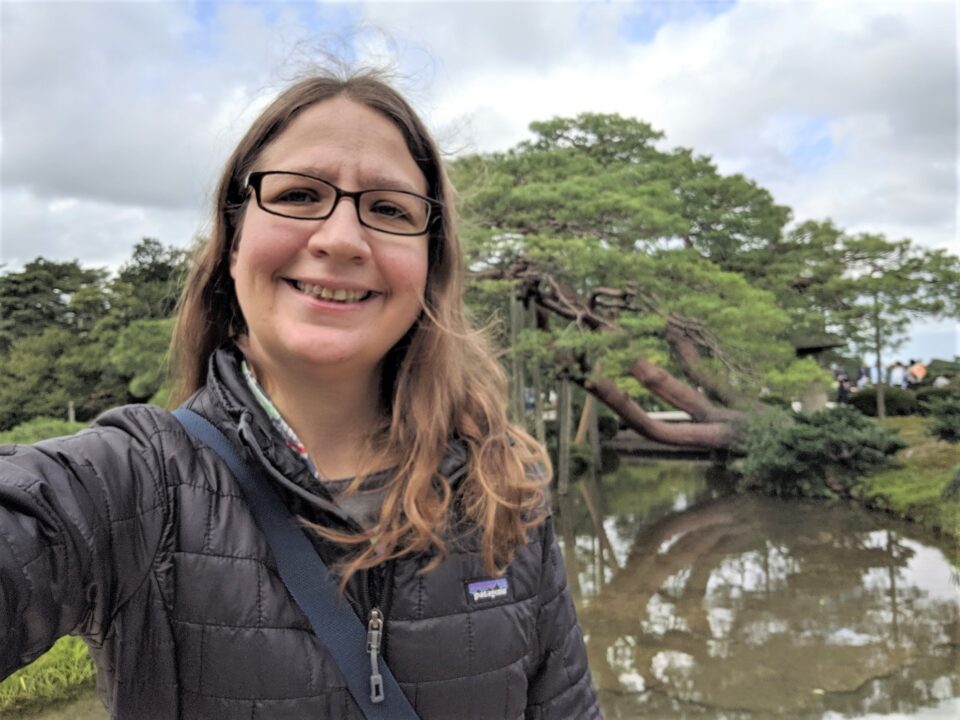Spotlight Series: National Leadership Council member, Catherine Havasi

Name: Catherine Havasi (STS, 1999; ISEF 1998, 1999)
Job Title: CEO and Cofounder, Dalang Health
About Catherine: Catherine is an American scientist who specializes in artificial intelligence, previously holding a research post at MIT Media Lab. She is cofounder of the analytics company Luminoso which she ran for eight years. She is currently a board advisor there and is working on her new startup, Dalang.
Education: S.B. and M.Eng from MIT; Ph.D. in Computer Science from Brandeis University.
What does leadership mean to you?
Leadership, to me, is about innovating, operationalizing that innovation, and communicating. It’s about listening to those around you, challenging common notions about what can be accomplished, and showing how new ways of working can become second nature
As the world faces a pandemic, a climate catastrophe and numerous other scientific challenges, what are some steps you think the Society can take to address science literacy and support for science?
With all of the challenges happening in the world today, the Society can help develop scientific thinking and scientific communication. The Society has already succeeded in delivering scientific news to the public and in recognizing science talent in youth, but it can go further by helping young scientific minds learn to communicate ideas, especially their own, to others in their daily lives. This can take the form of teaching scientific journalism, critical thinking and media literacy, constructive peer review and scientific presentation skills. I think it’s also important to help young scientists need to see that there is a place for everyone in science.
What is the most fulfilling aspect of your job?
I really like bridging new science and emerging technology with actual impact such things could have outside research – either for a business or for the world as a whole. It’s a process of listening to and understanding stakeholders and then seeing how what you’ve built could have an impact. When it works, it’s really fulfilling.
What’s the best advice you’ve ever received? Who gave it to you and what was it?
For me, it’s really a collection of pieces of advice rather than a single piece of advice. It can often be very easy to get attached to your ideas or inventions and get really heads-down into what you’re doing in a particular moment. But it’s important to remember that you’re in it for the long haul and that no one moment, idea or project will define you. I’m really thankful for the role that mentors have played in my life through college and my entrepreneurial journey and for imparting that particular piece of advice in different ways at different times.
What is the most fulfilling aspect of your job?
I really like bridging new science and emerging technology with actual impact such things could have outside research – either for a business or for the world as a whole. It’s a process of listening to and understanding stakeholders and then seeing how what you’ve built could have an impact. When it works, it’s really fulfilling.
Did you have a favorite mentor as a young person? What difference did that person make in your life and your approach to problem-solving?
When I was in middle school, I loved nature and ecology and was convinced by my science teacher to try out for our ecology competition team – something I would stick with for seven years until I graduated. It taught me how important teamwork was, how complex and interconnected systems function and that things are never as simple as they seem. Despite the fact that I now work in machine learning, it left me with a love and admiration of the natural world and the ability to identify many of the flowers, birds and trees I come across when I walk around my town twenty-two years later.


